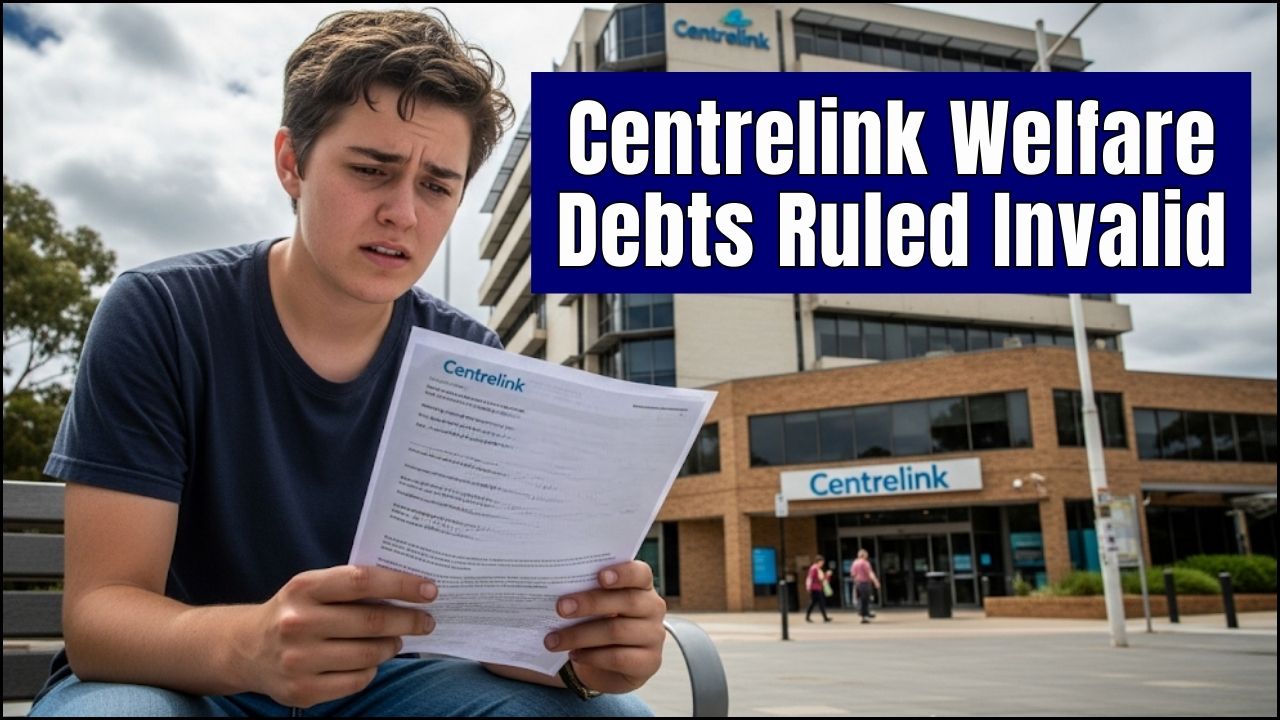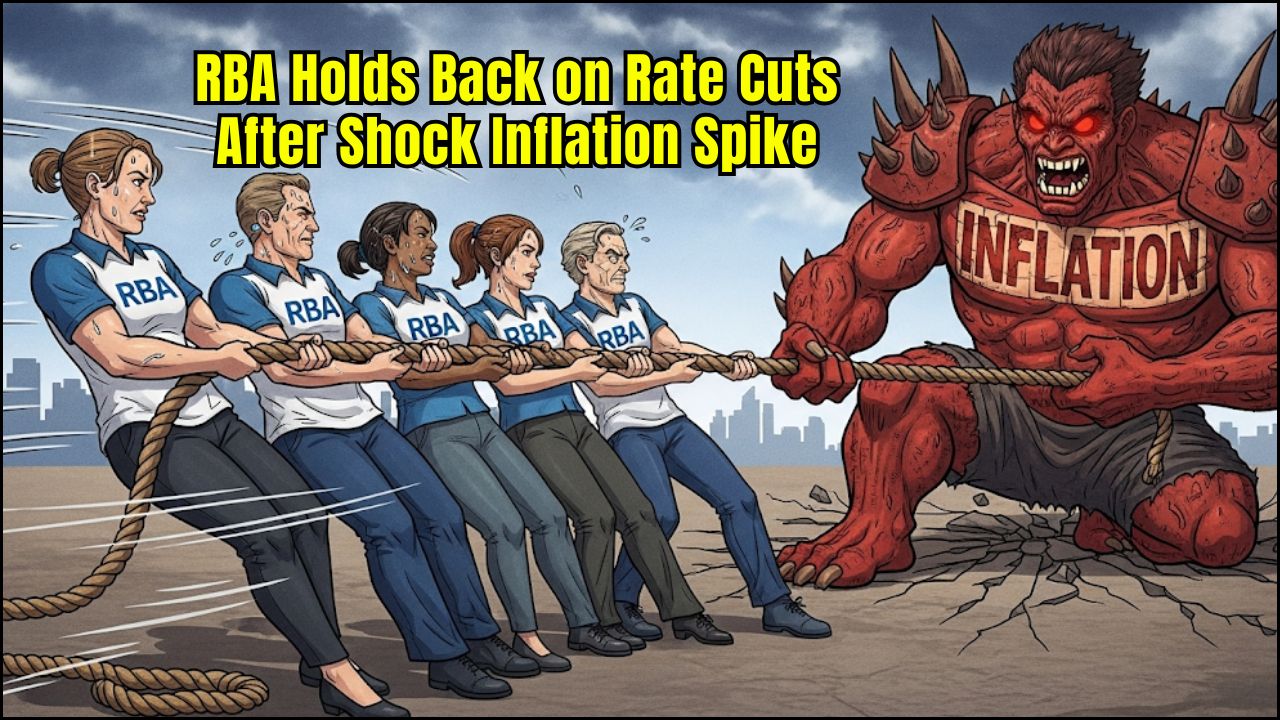So you’re thinking of retiring in a big city, huh? Maybe you’ve dreamed of spending your golden years strolling through Central Park, sipping cappuccinos in downtown LA, or catching matinee shows in San Francisco. Sounds dreamy, right? But here’s the kicker — retiring comfortably in a major U.S. metro area might cost you a jaw-dropping $1.6 million.

That number isn’t just pulled from thin air. It’s based on real data from financial experts who crunched the numbers on how much you’d need to cover 25 years of post-work life in some of America’s priciest cities. And spoiler alert: city living doesn’t come cheap.
Retiring in a Big City
| Feature | Details |
|---|---|
| Retirement Savings Needed | $1.6 million (for big cities like NYC, LA, SF) |
| Time Span Covered | 25 years of retirement |
| Monthly Cost Estimate | Around $5,300/month in high-cost cities |
| National Average Retirement | ~$1.25 million (2025 projection) |
| Source & Study Link | GOBankingRates Study |
| Key Cost Drivers | Housing, healthcare, food, transportation |
| Social Security Replacement | Replaces only 24–26% of expenses in big cities |
| Tools & Resources | SSA Calculator, Fidelity Retirement Planner |
Retiring in a big city like NYC, LA, or SF might feel like living the dream, but it comes at a cost—a whopping $1.6 million, to be exact. From sky-high rents to rising healthcare costs, urban retirement isn’t cheap. But with smart planning, you can make it happen without sacrificing comfort or peace of mind.
Whether you’re in your 30s or 60s, the best time to start planning was yesterday. The second-best time? Right now.
Explore your options, use the right tools, and talk to a trusted advisor. You’ve worked hard—now make sure your future works hard for you.
Why Retiring in a Big City Costs So Much
Retirement isn’t a one-size-fits-all deal. Where you choose to live plays a huge role in how much money you’ll need. Let’s break it down.
1. Housing is King (and Pricey)
In places like New York City, Los Angeles, or San Francisco, rent and real estate prices are off the charts. The median home price in San Francisco, for example, tops $1.1 million. Even renting a modest apartment can run you $2,500/month.
Living in a city often means smaller spaces and higher costs per square foot. And even if your mortgage is paid off, you’ll still need to budget for property taxes, HOA fees, and maintenance.
2. Healthcare Ain’t Cheap
Even with Medicare, out-of-pocket medical costs add up. Think supplemental insurance, prescriptions, co-pays, and maybe even long-term care. In urban areas, you might also pay more for access to top-tier medical facilities.
According to Fidelity, the average retired couple will need about $315,000 for healthcare expenses throughout retirement.
3. Food and Fun
Big city living means bigger food bills. Whether you’re dining out, ordering in, or shopping at Whole Foods, costs are 15% to 30% higher than in small towns. And let’s not forget transportation, entertainment, and all those little city perks that cost money.
4. Taxes
Some cities hit retirees hard with state income taxes, property taxes, and sales tax. California, for instance, has one of the highest state income tax rates in the country. Meanwhile, states like Florida or Nevada offer tax advantages but come with other cost tradeoffs.
A Step-by-Step Guide to Estimating Your Retirement Needs
Step 1: Estimate Monthly Expenses
- Housing: Rent/mortgage, taxes, utilities.
- Healthcare: Premiums, out-of-pocket, long-term care.
- Food: Groceries, dining out.
- Transportation: Gas, insurance, public transit.
- Lifestyle: Travel, hobbies, entertainment.
Multiply your estimated monthly costs by 12 to get an annual number.
Step 2: Use the 4% Rule
The 4% rule is a simple way to estimate how much you’ll need in total savings. Take your annual spending and multiply it by 25.
Example:
- Monthly costs: $5,300
- Annual costs: $63,600
- Retirement savings needed: $63,600 x 25 = $1.59 million
Step 3: Factor in Social Security
Social Security may cover part of your expenses. The average monthly check is around $1,900 as of 2025. In big cities, that may cover just a quarter of your total costs.
Step 4: Adjust for Inflation
Inflation eats away at your buying power. Plan for a 3% annual increase in expenses to keep your nest egg intact.
Step 5: Try a Retirement Budgeting Tool
Use retirement calculators from reliable platforms like NerdWallet, Fidelity, or Vanguard.
Real-World Scenarios: Big City vs. Small Town
| Location | Monthly Cost | Annual Cost | Savings Needed |
| New York City | $5,600 | $67,200 | $1.68 million |
| Los Angeles | $5,300 | $63,600 | $1.59 million |
| Kansas City, MO | $3,000 | $36,000 | $900,000 |
| Jacksonville, FL | $2,800 | $33,600 | $840,000 |
Bonus Section: Top 5 Budget-Friendly U.S. Cities for Retirement
- Pittsburgh, PA – Low cost of living and great hospitals.
- Knoxville, TN – Affordable housing and no state income tax.
- Tucson, AZ – Sunny weather, low healthcare costs.
- Greenville, SC – Charming downtown and active retiree community.
- Boise, ID – Rising in popularity for its lifestyle-value balance.
How to Boost Your Retirement Readiness
Max Out Retirement Accounts
- 401(k), IRA, Roth IRA — take full advantage of employer matches.
- If you’re over 50, use catch-up contributions.
Downsize or Relocate
- Selling a big-city home and moving to a smaller town can unlock equity and cut costs.
Delay Retirement
- Working until 67 or 70 increases Social Security payouts and gives your investments more time to grow.

Get Professional Help
- A certified financial planner can tailor strategies to your unique situation.
Tap Into Side Hustles
- Freelancing, consulting, or tutoring can keep your brain sharp and your income flowing.
FAQs
Q1: Is $1.6 million really necessary to retire in a city?
A: Yes, if you plan to live 25+ years post-retirement in a major metro, $1.6M is a reasonable benchmark. It covers basic expenses, not luxury living.
Q2: Can I retire in a city with less than $1 million?
A: It’s possible with strict budgeting, shared housing, or subsidized healthcare, but it may limit lifestyle options.
Q3: Are there more affordable big cities to retire in?
A: Yes! Consider Phoenix, AZ, Charlotte, NC, or Austin, TX. They offer urban perks at lower costs.
Q4: What if I want to travel in retirement?
A: Budget at least $5,000–$10,000/year for travel if it’s a priority.
Q5: What about retiring abroad?
A: Countries like Portugal, Mexico, and Costa Rica offer lower costs and good quality of life. Always research residency, tax, and healthcare laws first.












